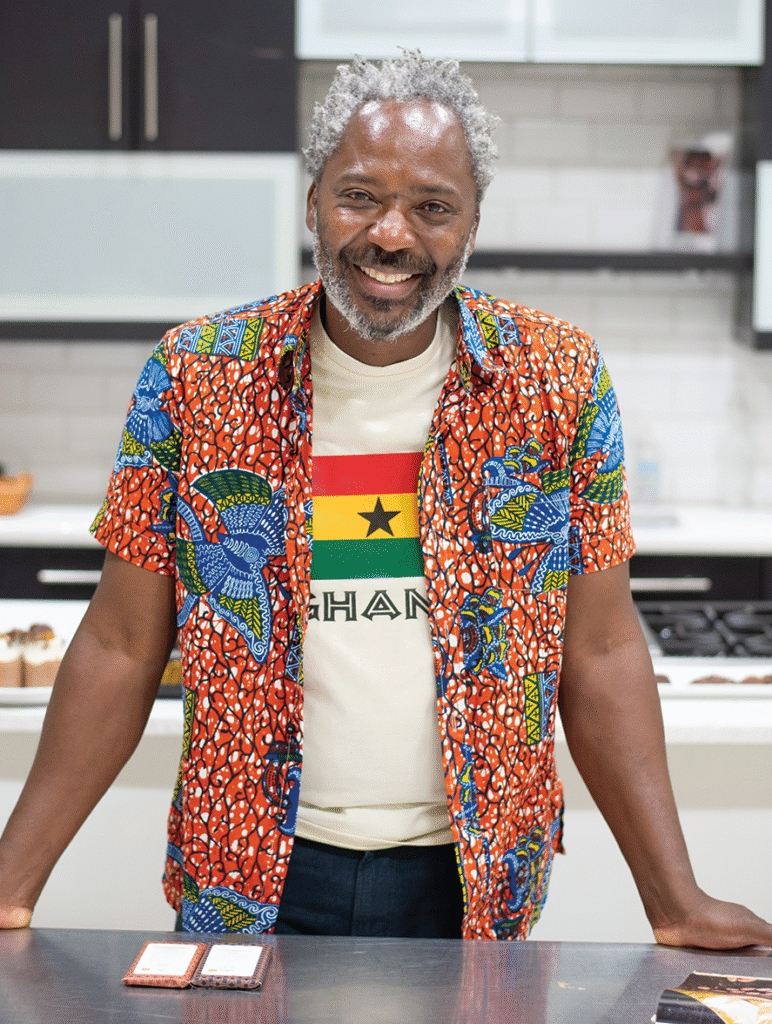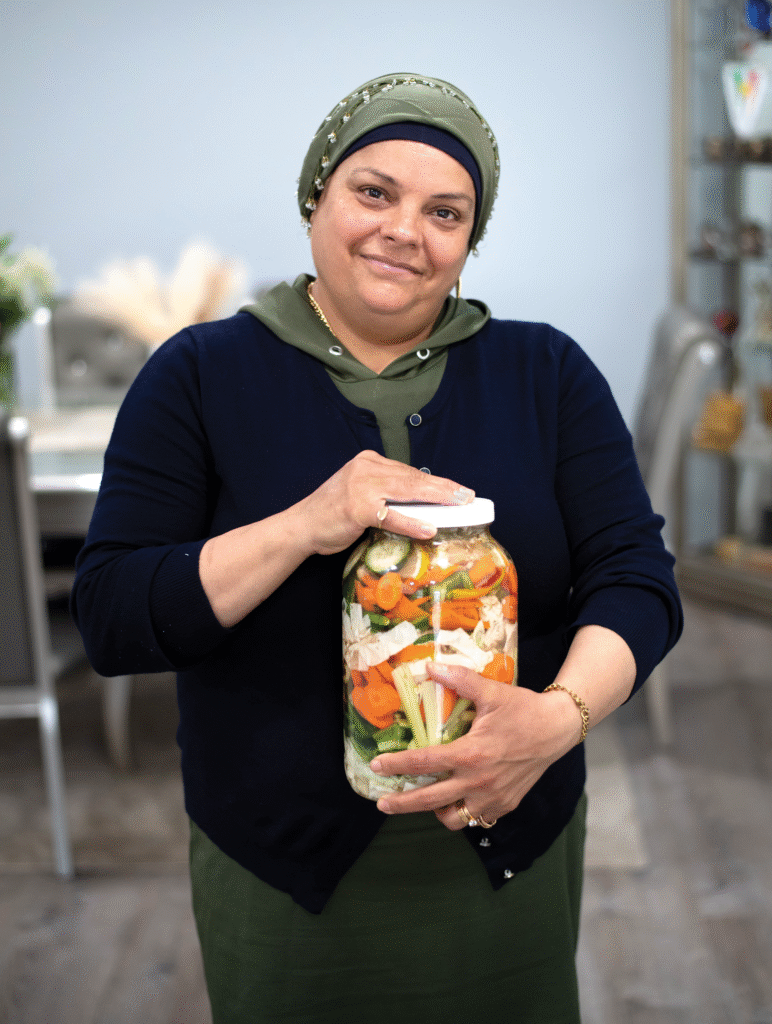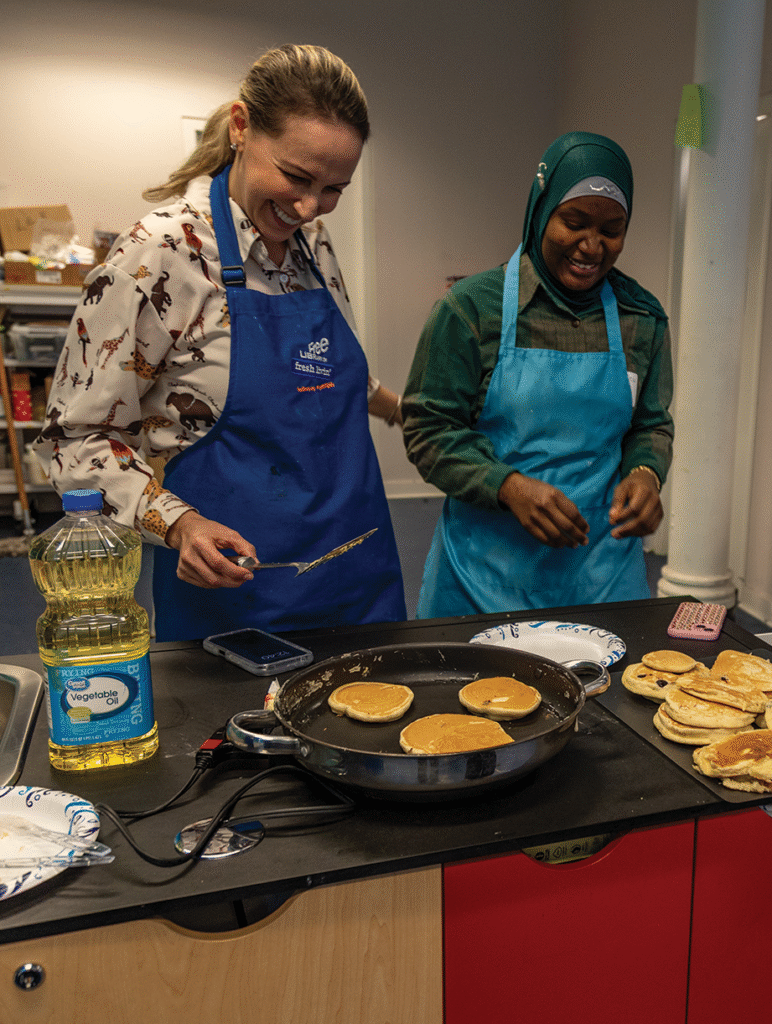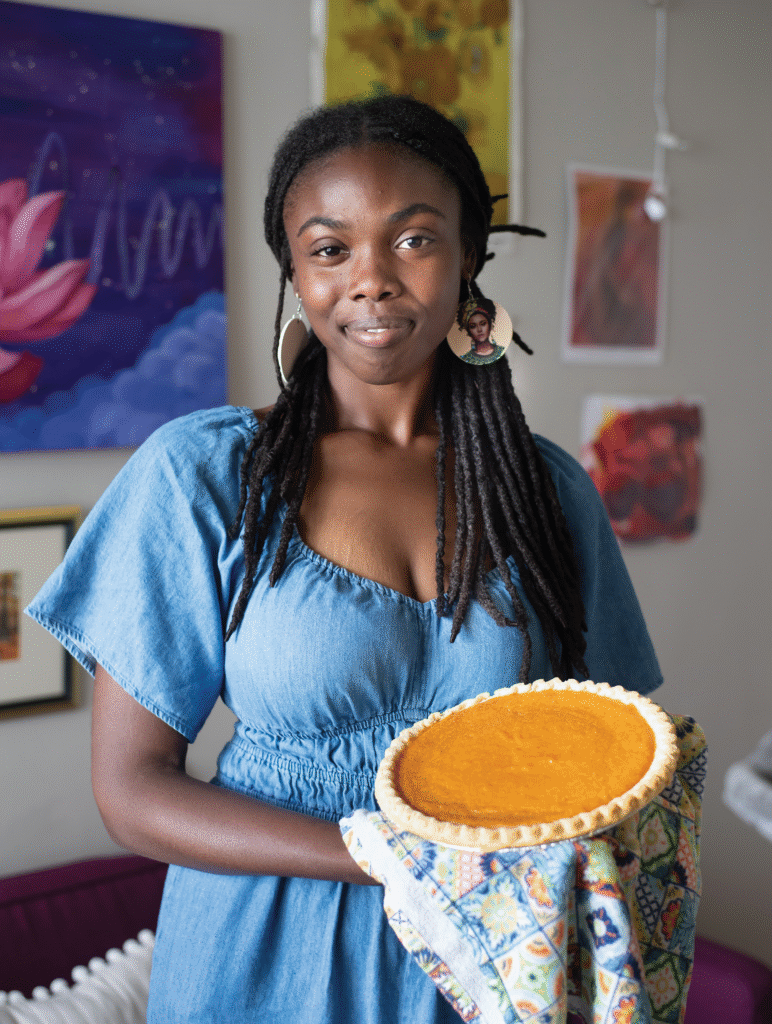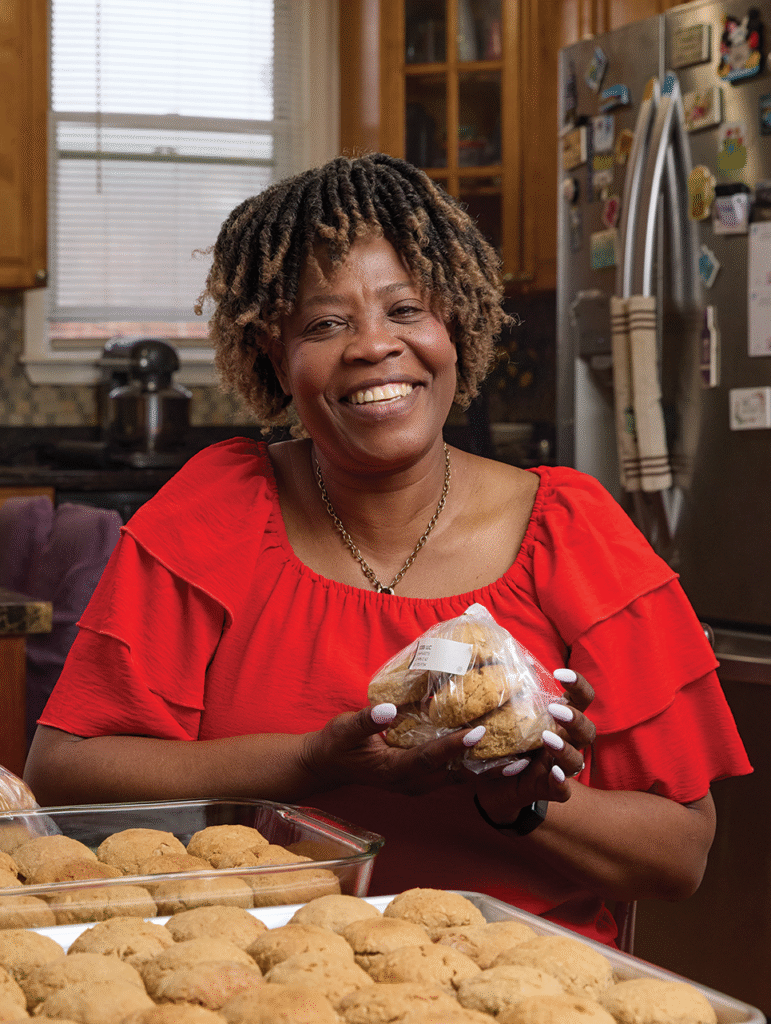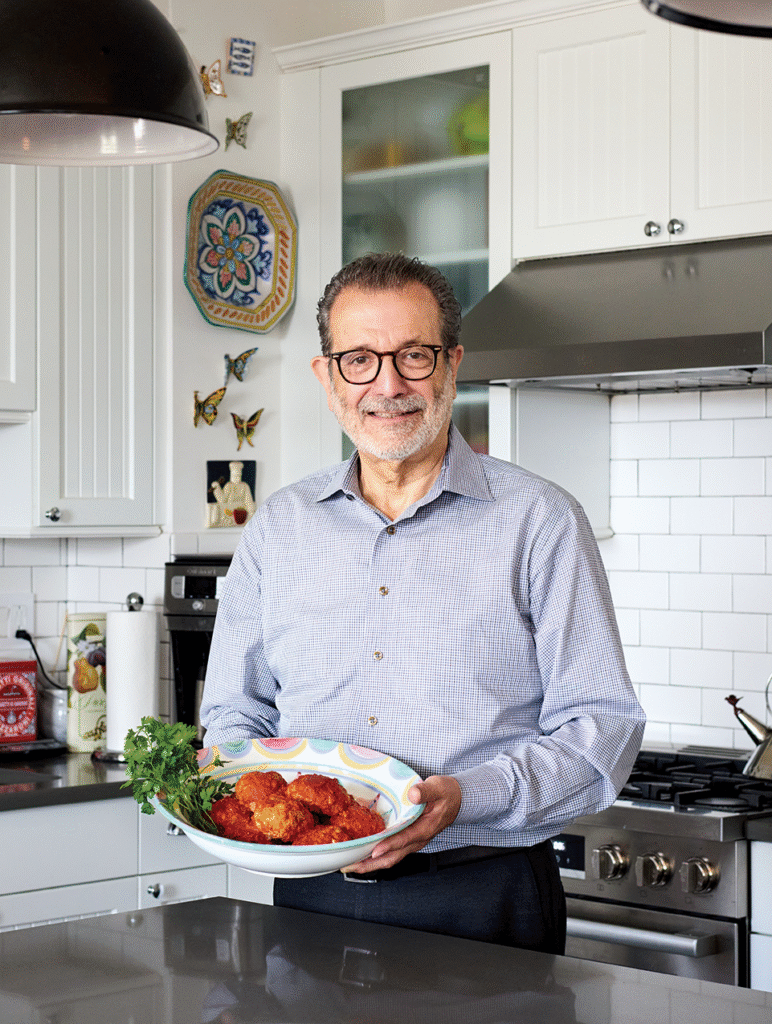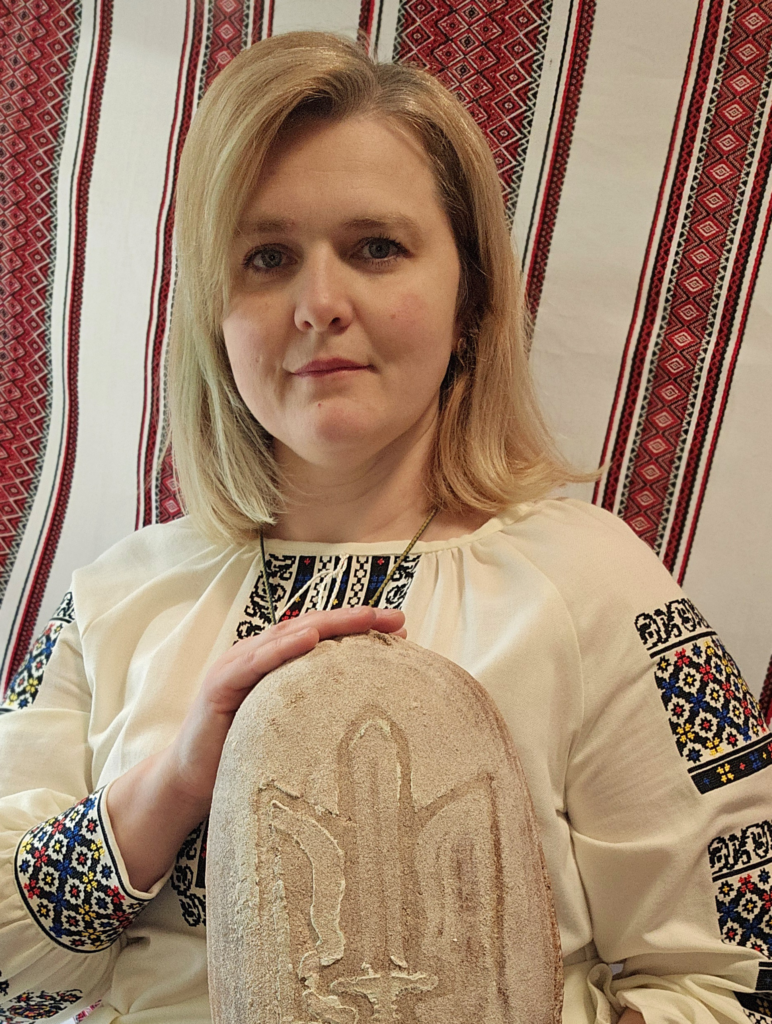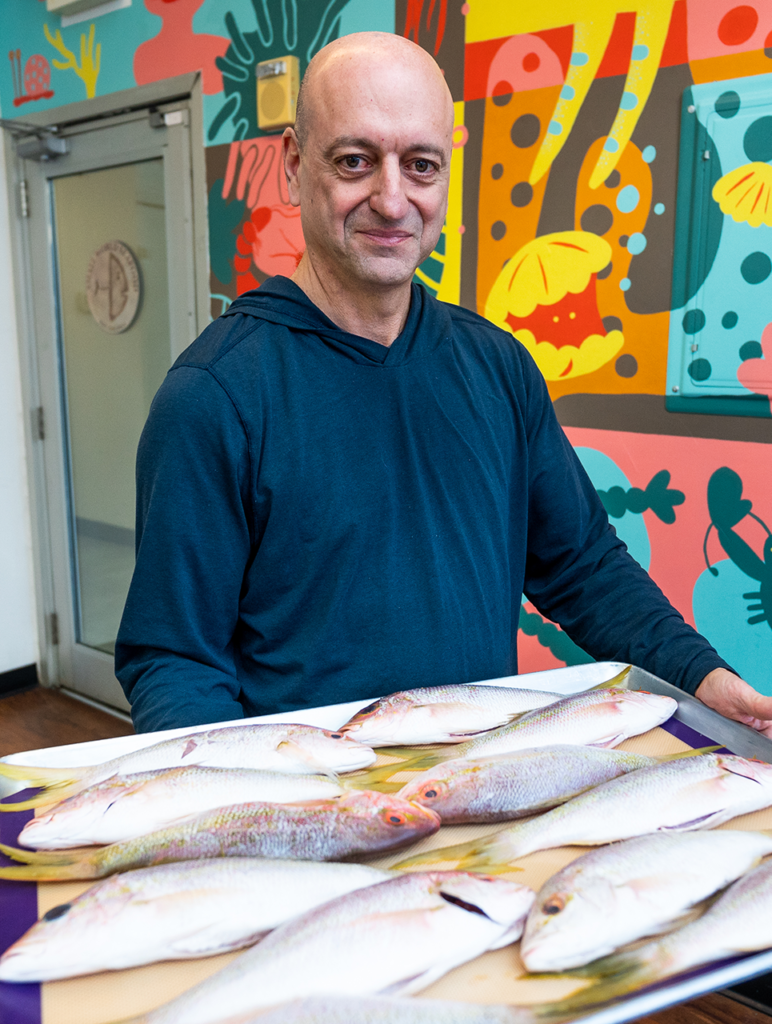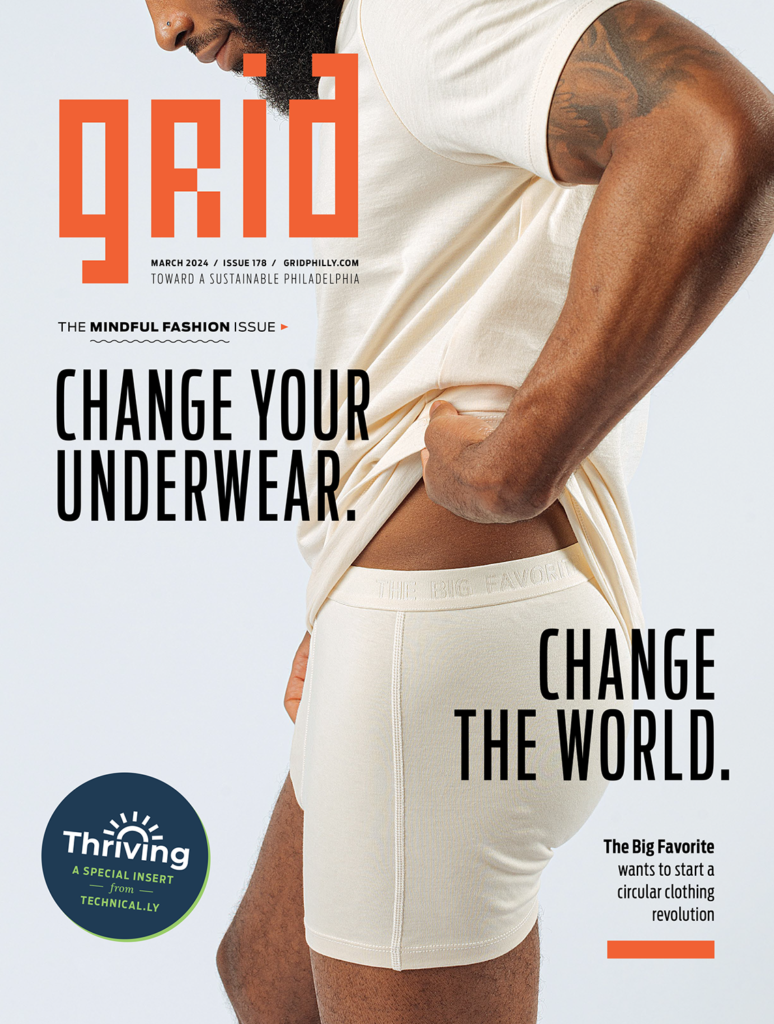Ebo Nunoo’s grandfather was part of a generations-long line of cocoa farmers in rural Ghana. In search of more opportunity, he moved his family to Accra, the nation’s capital, and became a shoemaker. Decades later, his grandson Ebo left Accra for the United States to attend college and find his own opportunities. It’s unlikely that
MoreSummer is over, but it’s not too late to capture its flavors in a jar. Scoop up late-season veggies at your farmers market and lean into the magic of pickling. Amina Aliako is eager to share her Syrian-style pickling secrets with you. At its most basic, pickling requires only four ingredients: water, salt, vinegar and
MoreThe name Edible Alphabet might conjure images of sugary breakfast cereal or playful pasta shapes. That’s not what has drawn more than 1,000 adult learners to this innovative series of free, fun English language classes at the Culinary Literacy Center in the Free Library of Philadelphia since 2016. Lindsay Southworth, senior program manager, traces the
MoreBakari Clark describes herself as a student and a gardener. As the 2025 recipient of the prestigious Douglas Dockery Thomas Fellowship in Garden History and Design, Clark can now claim to be a student of gardens. The 25-year-old Virginia native came to Philadelphia to study at Temple University, where she became interested in many aspects
MoreEstere Alveno-Marius remembers the first time she tasted comparette (also known as konparèt), the sweetly spiced gingerbread-like treat that originated in Jérémie, the capital of Haiti’s Grand’Anse region. A friend visiting Alveno-Marius in her hometown of Saint-Louis-du-Sud brought the pastry as a gift. One taste and Alveno-Marius understood how the fragrant coconut sweet bun got
MoreIn 1965, Alphonse Pignataro, recently graduated from Trenton State College (now The College of New Jersey), boarded a plane bound for Barbados. For the Elizabeth, New Jersey, native, this marked a moment of multiple firsts: his first jet flight, his first time leaving the United States and the first year of a two-year Peace Corps
MoreAs many people discovered during the COVID-19 boom in home baking, if you want a challenge, try baking with a sourdough starter. Iryna Teslia embraced this challenge, and sourdough became the basis for everything she produces in her micro-bakery, The Bread Anatomy — from traditional Ukrainian holiday breads like paska and kolach to all-American chocolate
MoreRobert Amar had a solid business wholesaling seafood to some of Philly’s finest restaurants — until March 2020. As COVID-19 spread and city restaurants shuttered, Amar wondered what he could do. He had fresh fish on hand. Grocery stores were insane. He figured his Fairmount neighbors might appreciate some free seafood, so he sent a
MoreWhat became “The Year of the Cake” started innocently enough. In October 2023, Sandi Pierantozzi and her husband, Neil Patterson, ordered a slice of pistachio torte from a bakery in Sicily. It was love at first bite. The couple returned to the shop each of the five days they spent in Taormina, always savoring the
MoreThe Big Favorite wants to redirect our worn out panties, briefs and bras into the zero-waste economy — but there’s a catch. Used polyester-infused underwear is not currently suitable for recycling. With no place left to go but the trash can, undies join the estimated 11 million pounds of textiles dumped in landfills yearly. In
More

